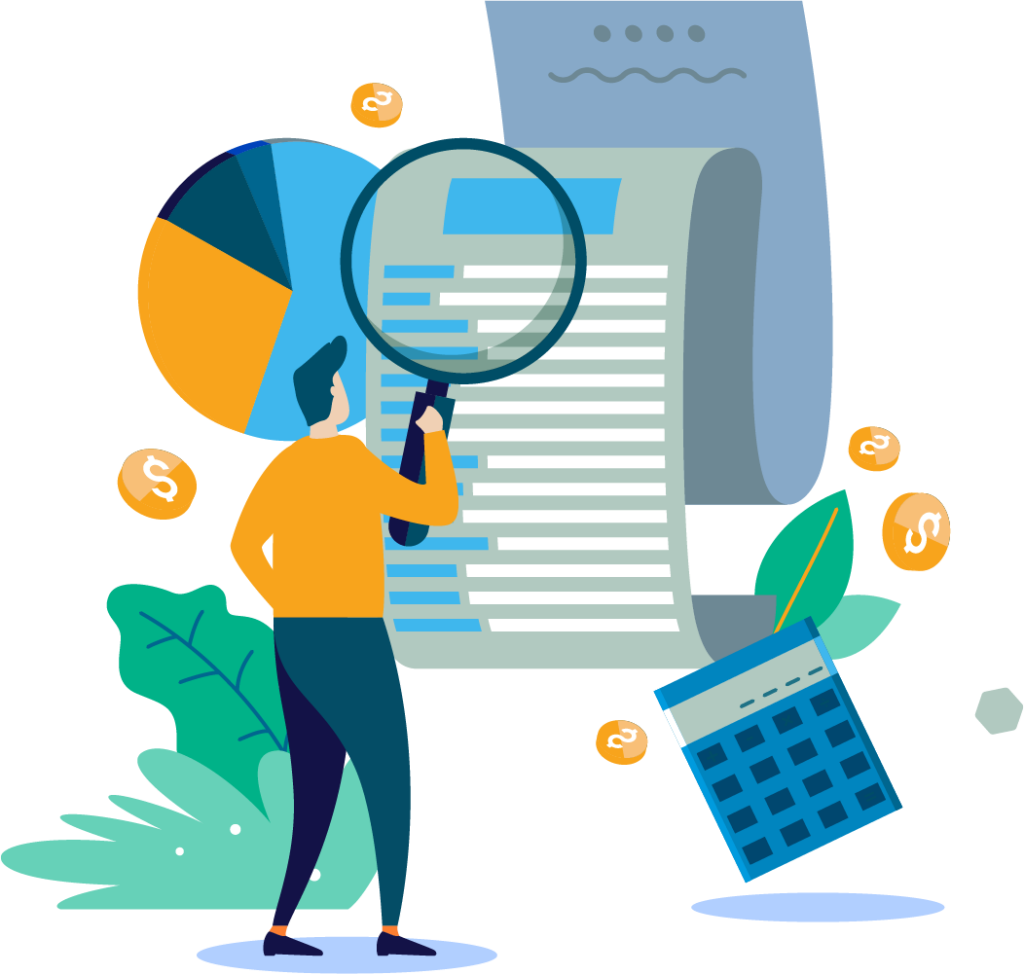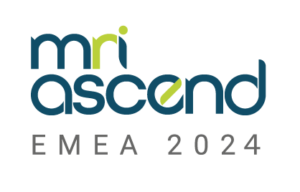Property Management Accounting: Beginner’s guide to managing your accounts
Whether you’re running a business or managing a personal portfolio of properties, managing the books is a critical part of property management.
Property management accounting has many similarities to general accounting. One of the key differences, however, is that while general accounting is usually done by accountants, property accounting often falls to property owners or property managers to do themselves.
Luckily, with the right tools and adequate planning, property management accounting is absolutely something that can be done without the help of an accountant.
In this guide, we’ll cover all the essentials of managing your property accounts, including tips, tools and best practices.
We’ll also include a list of common accounting terms and their definitions.
Property Management Software
Multi-discipline technology for property owners, investors and occupiers.
Get a demo
What is property management accounting?
Property management accounting is financial management and reconciliation of all payables and receivables relating to property.
In terms of outgoings, this can include things like repairs, statutory fees, scheduled maintenance, renovations or improvements, and landscaping – just to name a few.
Incomings are predominantly made up of rent received from tenants.
Example tasks or processes involved in property management accounting could include generating and processing invoices, balance sheet reconciliation, or preparing and filing financial statements.
If done well, sound property management accounting has many benefits. Maintaining an up-to-date, accurate record of your expenses is invaluable for tax purposes (e.g., making deductions), and clear oversight of the overall profitability of your portfolio can guide better decisions on rents, purchases, and improvements to your properties.
How to set up a property management accounting system
When starting out with property management, there are a number of things you should put in place to ensure the smooth running of your property management accounting.
The first step is a seemingly simple one, but one that is all too often neglected, much to the detriment of property managers and their balance sheets: opening a new bank account.
Open a new bank account
Using a personal account for your property incomings and outgoings is a surefire way to get things muddled up when it comes to reconciliation.
One of the best pieces of advice that a new property manager could receive is to open a new bank account, and process all transactions related to their property via this account. This way, it is infinitely easier to find and track the payments made and received and reconcile your general ledger at regular intervals.
With a dedicated account, you can integrate your bank account with your property accounting software for a more accurate picture of your cash flow, receipts and balances.
Consider your accounting method
The two most common approaches to property accounting are cash basis accounting and accrual accounting.
For individuals managing their own properties, cash accounting is usually advised (and preferred). For larger organisations or business owners with a team of staff members, accrual accounting is generally more appropriate.
Cash basis accounting
In this method of accounting, you simply record each transaction in your ledger as it happens, both payments and receivables.
For example, if a tenant pays a month’s worth of rent, you would record that transaction as soon as the money is received. Simple! Importantly, if you received a rent payment for the next three months, you would still enter that into your ledger.
Basically, anything that comes into or goes out of your property bank account is recorded when the transaction happens. This is somewhat different to other accounting methods (see below).
Accrual accounting
The main difference between cash accounting and accrual accounting is that in accrual accounting, transactions are recorded when they occur, not necessarily when the money is sent or received.
One way of thinking about it is that with cash accounting, revenue is received, and expenses are paid. In accrual accounting, revenue is earned (though not necessarily received) and expenses are incurred (though not necessarily paid).
Chart of accounts
A chart of accounts is a list of all the various accounts you will use to manage your property accounting. At a high level, a chart of accounts should be categorised into the following items:
- Assets
- Equity
- Revenue
- Expenses
- Liabilities
Each of these categories will, in turn, have subcategories within them, depending on your personal portfolio and circumstances. Ultimately, every transaction related to your property will fall under one of these major categories.
Setting up your chart of accounts
A chart of accounts could be created using a basic spreadsheet, however, to unlock additional functionality, integration with other property management tasks, and streamlined account management, many property managers consider using property accounting software.
Setting up your chart of accounts, and accurately allocating each transaction to the appropriate account, is crucial for any future reporting that you will perform. A little bit of work classifying and categorising your transactions will reap huge rewards when you need to reconcile your books, or simply find something retrospectively.
A common approach to setting up your chart of accounts is to use a block numbering system.
Block numbering accounts
Block numbering is a straightforward system that connects master categories with their subcategories.
For example, your assets category might be given the account number 1000. From there, each of your assets (subcategories) will have a number in the thousands.
| Account | Account number |
| Assets | 1000 |
| Residential Property | 1100 |
| Property #1 | 1101 |
| Property #2 | 1102 |
With the block numbering system, it is quick and easy to filter transactions by account categories, or to drill down into each account to find transactions relating to individual subcategories (e.g. properties).
Create templates for key reports
There are several reports, or financial statements, that will need to be created on a regular basis. It is particularly important to make sure that documents such as the balance sheet or the cash flow statement are accurate and quickly accessible, as they are often used for reconciliation, tax or loan applications.
Preparing templates for key reports can be done with simple spreadsheets or text documents. However, manual reporting is not ideal or recommended as it is both incredibly time-consuming and creates a large opportunity for human error.
Conversely, the reporting functionality in accounting software such as MRI Property Accounting Software streamlines the process of generating all of your key reports, as well as providing insights for optimised budgeting and decision making.
Accounting terms and what they mean
Accounts payable
Accounts payable are products or services that you owe money for, such as appliances, repairs or fees. This is generally a short-term debt for something that has been provided on credit.
Accounting period
An accounting period is a window of time to which a function of accounting relates. These can vary depending on the accounting function, and depending on the purpose of the report. For example, for monthly reporting, an accounting period might go from the first to the last day of the calendar month. Alternatively, for tax purposes, it could be the beginning and end of the financial year.
Accounts receivable
Similarly to accounts payable, but reversed, accounts receivable are all the monies that you are owed. In property management account, this will usually consist of outstanding rent balances.
Asset
The most common asset, when it comes to property management, is the property itself. However, assets also include land, cash deposits, and any items within your accounts receivable. In a nutshell, assets are anything within your portfolio that has value.
Bank reconciliation
Bank reconciliation is the process of comparing your bank accounts against your general ledger. If your bank balance is higher or lower than what it should be according to your general ledger, it’s usually a sign that there are monies owed or owing. The process of bank reconciliation is usually done monthly as it allows you to identify and rectify any outstanding items.
Bookkeeping
Bookkeeping is the process of maintaining your accounting records by recording all business-related transactions.
Depreciation
Depreciation is the term given to the drop in value of your assets. In the context of property, assets could depreciate with excessive use or deteriorating condition. Understanding depreciation is handy for predicting the value of your assets over time. The depreciation of certain items can also be written off on tax.
Expense
Expenses are the costs required to manage your property portfolio. For example, to rent out a property, your expenses may include advertising costs and real estate fees.
General ledger
The general ledger is the master record of all your transactions. Usually, this is updated automatically through the use of accounting software – when a transaction is paid or received, the general ledger is updated automatically to reflect this.
Financial statements
Financial statements are reports on a variety of topics that detail the financial health and status of a business (or property portfolio). Depending on the report, these might include payments made and received, accounting period statements, or profit/loss statements.
Liability
Liabilities are things for which you owe money. These include the items mentioned under accounts payable, as well as mortgage and other loan payments.
Operating costs
Operating costs are the day-to-day costs required to maintain and manage your property. These include, but are not limited to, property taxes, insurance premiums, utility costs, common area maintenance expenses, and maintenance and repair costs. These are sometimes referred to as “overheads”.
Revenue
Revenue is raw income generated by your property. In most cases, this will be in the form of rent payments from tenants, or the payment for the entire property when it is sold.
Top tips and best practices for property management accounting
Keep track of expenses that are tax deductible
When it comes to tax time, you want to be able to run a report with all of your tax-deductible expenses listed in the one place. These items might exist in a variety of accounts, so ideally, you want to label them as tax-deductible when entering them into your ledger.
This is another area where automated accounting software can save you hours come tax time.
Automate your accounting
There’s absolutely nothing wrong with managing all of your accounts manually in a spreadsheet. There is, of course, a greater chance of human error, but assuming that you don’t make any mistakes at all, there is still one massive advantage to using accounting software: time.
Tasks that take hours to complete each week or each month can be automated to be completed instantly, with greater accuracy and more thoroughly. The time saved by not doing manual accounting can be better used to manage the human elements of property management, like dealing with tenants.
Keep your invoices and receipts neatly organised
Property management involves endless paperwork. At times, any individual document may seem to be of little importance, but that is, of course, until you need it.
If not using purpose-built property management software, make sure that all documents are organised in a logical way that will give you access to anything you need when required.
In conclusion
Property management accounting is key to successful and profitable property management. By understanding basic accounting principles and terminology, and by implementing some fundamental accounting processes, property managers can competently manage their own accounts.
Looking for a solution to make property management accounting easier? Book a demo and see the MRI difference.
MRI Software is not a financial adviser. You should consider seeking independent legal, financial, taxation or other advice to check how the website information relates to your unique circumstances.
Achieving audit readiness: Navigating IFRS 16 in the public sector
As the public sector grapples with the complexities of IFRS 16, ensuring audit readiness becomes paramount. Join us for an in-depth exploration of the key challenges and best practices tailored specifically for the UK public sector. In this on-demand…

